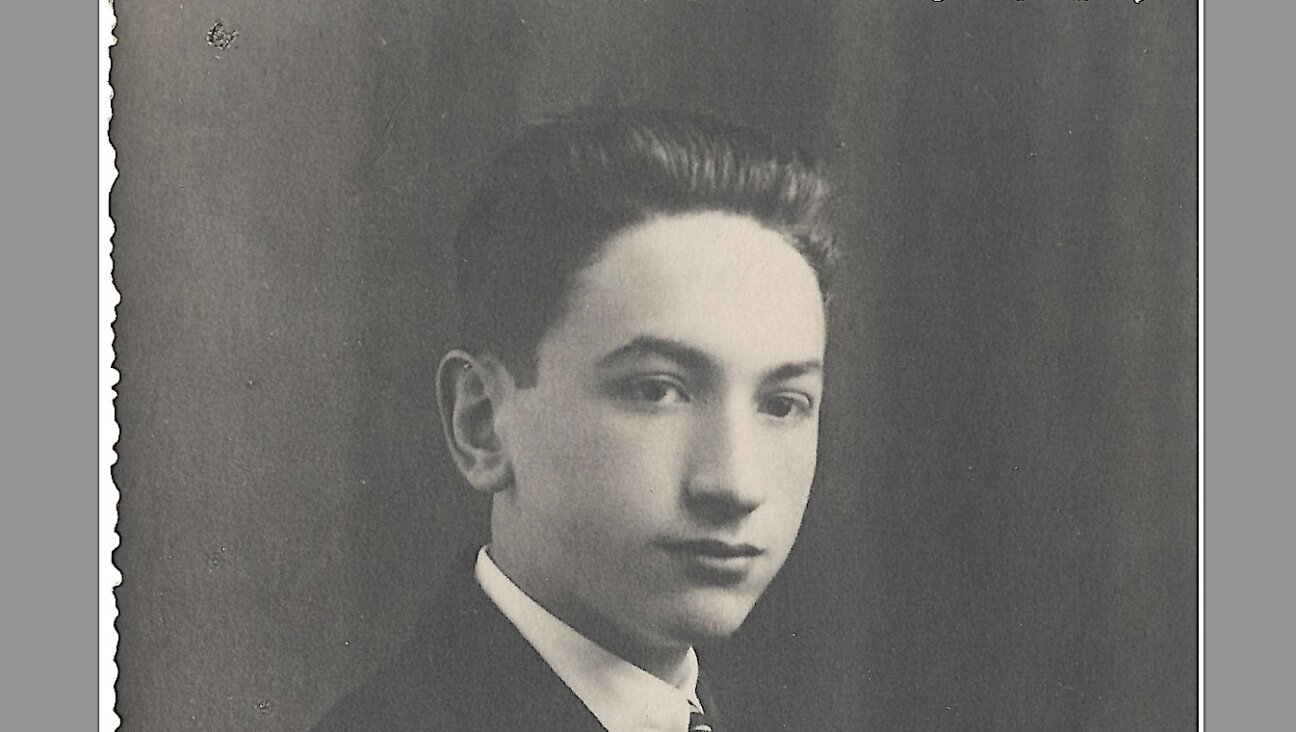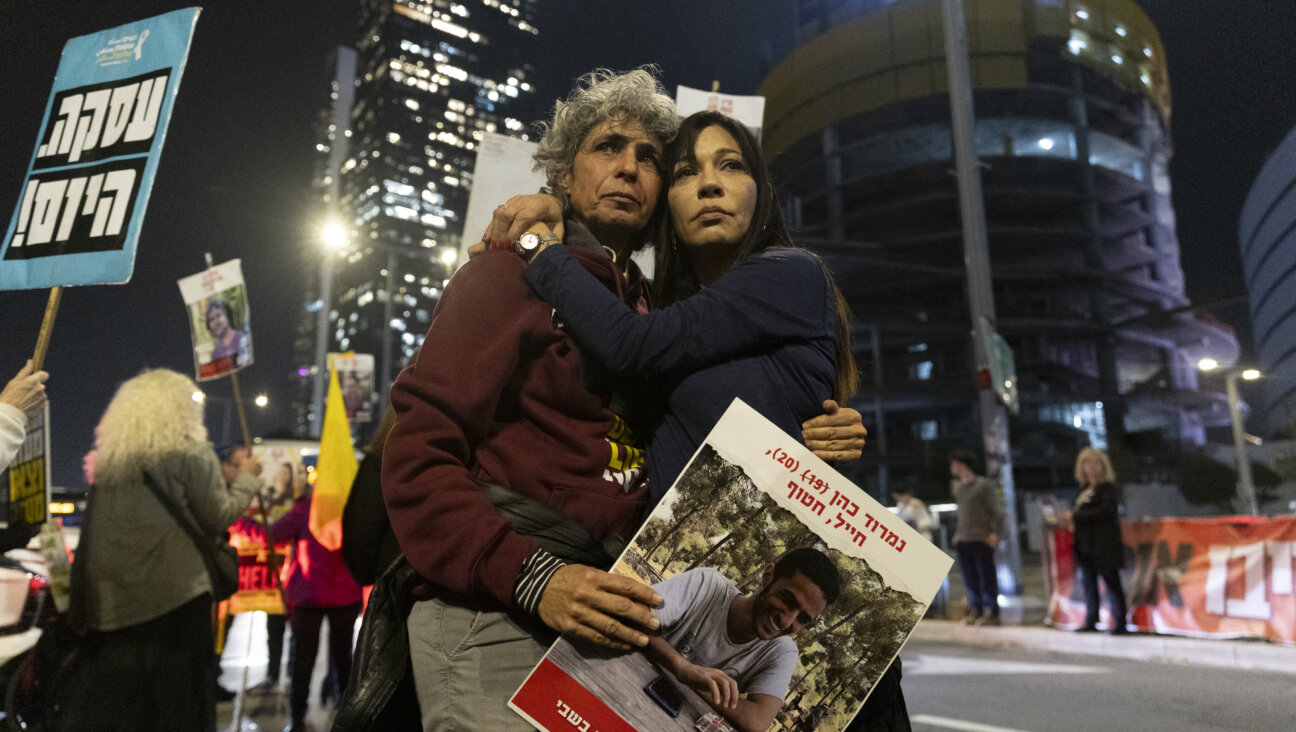When Your Daughter Wants To Wear a Hijab
What would you do if you were an American Christian woman and your 9-year-old daughter decided to start donning the hijab, a scarf completely covering the head and shoulders worn by traditional Muslim women?
Writer Krista Bremer faces such a situation with her daughter, Aliyah. In this piece in the current issue of Oprah’s “O Magazine,” explores some of the complicated emotions it evokes for her.
Married to a Libyan Muslim, they live with their daughter and younger son in Carrboro, N.C. When Aliyah (which means “exalted” in Arabic, not much different from the word’s meaning in Hebrew) first arrived, Bremer had an idealistic — even naïve — vision of how she and her husband would raise their daughter in their interfaith family.
She writes that they:
… agreed we would raise her to choose what she identified with most from our dramatically different backgrounds. I secretly felt smug about this agreement — confident that she would favor my comfortable American lifestyle over his modest Muslim upbringing.
I imagined Aliya embracing shopping trips to Whole Foods and the stack of presents under the Christmas tree, while still fully appreciating the melodic sound of Arabic, the honey-soaked baklava Ismail makes from scratch, the intricate henna tattoos her aunt drew on her feet when we visited Libya.
Not once did I imagine her falling for the head covering worn by Muslim girls as an expression of modesty.
But then Aliyah decides to take it on. Her mother can’t find a good reason to say no, though the idea of it makes her deeply uncomfortable.
Bremer examines some of the reasons for her discomfort, mostly focusing on how different her daughter is from how she was as a girl herself, and how this separates her daughter from the dress typical of girls in their community. Bremer loved the feel of the summer sun on her skin, while Aliyah is happier to read than to splash in a lake. She also writes of the range of reactions she gets at the local grocery store one shopping trip with Aliyah.
But oddly, Bremer doesn’t explore any of the many laden associations that Muslim covering has in the West. While she does acknowledge her deep discomfort with seeing her daughter covered, Bremer explores the price she paid herself, as a teenager, when she first emerged in public in a bikini, and comes to understand that her daughter is finding a kind of freedom by being covered.
I understand that freedom too, but Bremer does her readers a disservice by not even referencing how that covered-up freedom can turn into repression. She offers an apologetic for covering rather than a deep exploration of what it can mean. She maintains a chipper, superficial attitude when it comes to what may be her daughter’s deepening ties to religious Islam. Bremer writes:
If she chooses to embrace Islam, I trust the faith will bring her tolerance, humility, and a sense of justice — the way it has done for her father.
How much better a piece Bremer would have written if she would have at least acknowledged the flip side of the Muslim coin: that unfortunately, Islam as it is practiced by some Muslims today, can focus on intolerance and religious supremacy. (The same can be said for other religions, too.) And she does her daughter a disservice by not teaching her that there is a middle way: that girls and women can move in the world with dignity and personal modesty without completely covering themselves, that girls need not expose their bodies to the stares of men by wearing revealing swimsuits, but they also need not wear the hijab.
A message from our Publisher & CEO Rachel Fishman Feddersen

I hope you appreciated this article. Before you go, I’d like to ask you to please support the Forward’s award-winning, nonprofit journalism so that we can be prepared for whatever news 2025 brings.
At a time when other newsrooms are closing or cutting back, the Forward has removed its paywall and invested additional resources to report on the ground from Israel and around the U.S. on the impact of the war, rising antisemitism and polarized discourse.
Readers like you make it all possible. Support our work by becoming a Forward Member and connect with our journalism and your community.
— Rachel Fishman Feddersen, Publisher and CEO
























